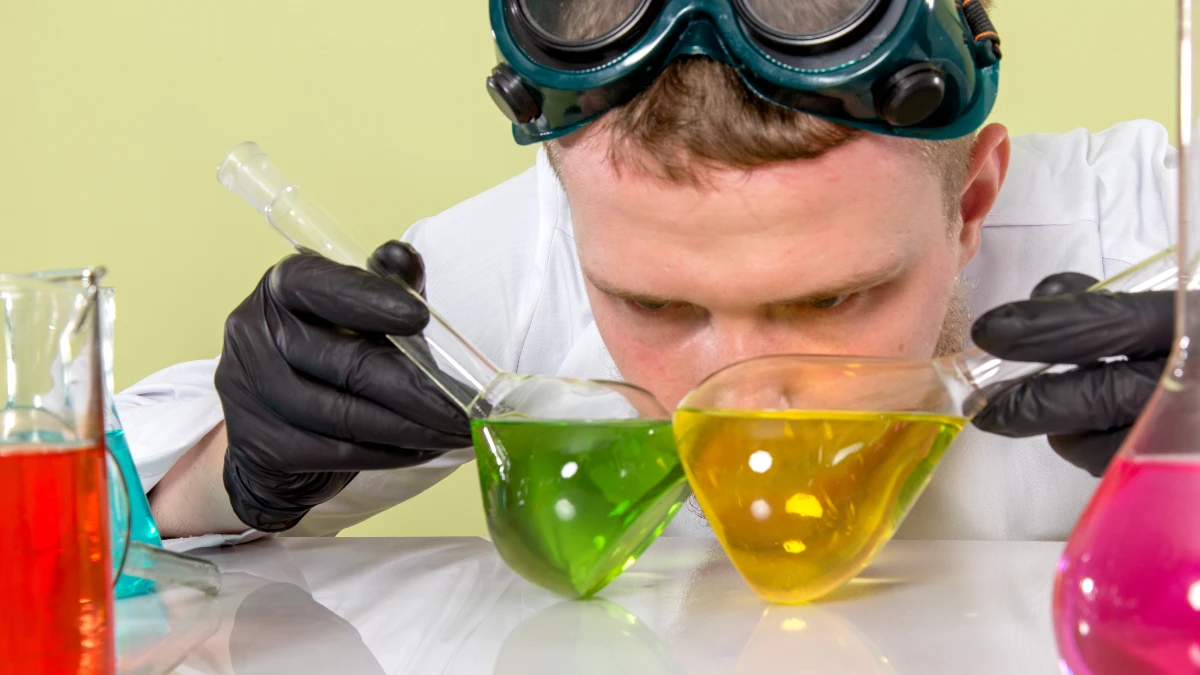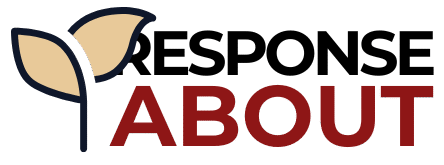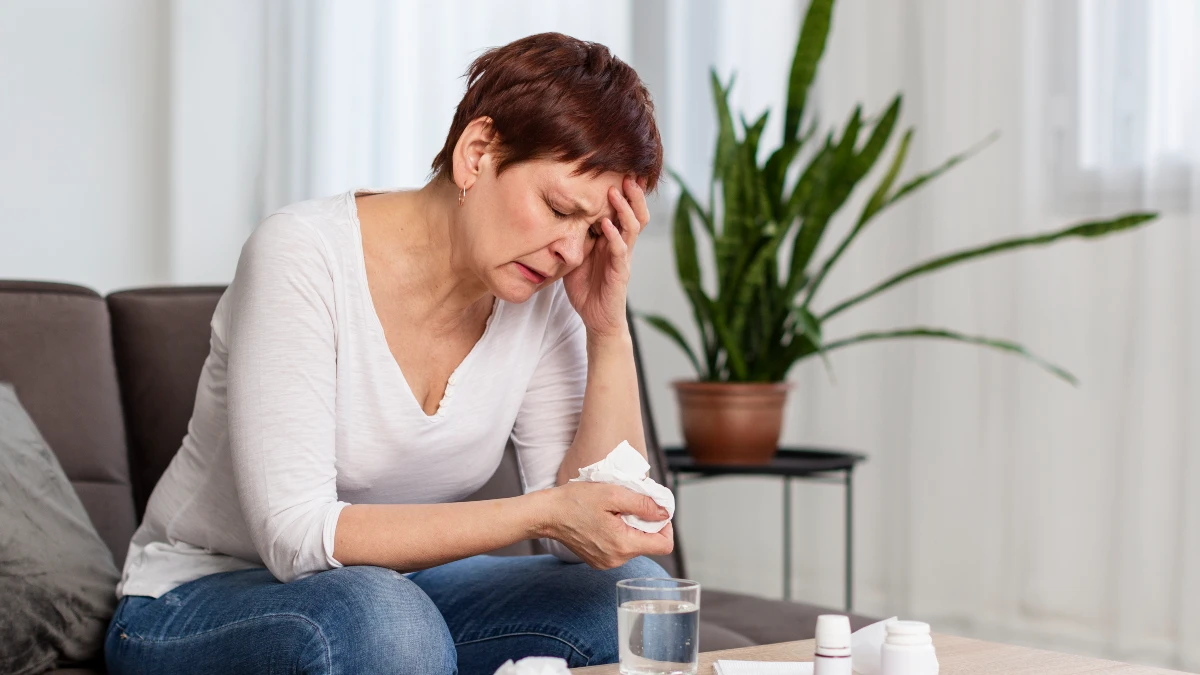It’s 3 PM. Your energy is gone. You feel “wired and tired” all the time, and that third cup of coffee isn’t helping. This constant fatigue is not a personal failing. It is a symptom.
The real problem is not a deficit of energy. It’s a dysregulation of the hormones that control your vitality. Your endocrine system is the body’s master control panel for mood and metabolism.
Modern life is saturated with “hormone-crushing” habits that create this imbalance. This article will expose 9 of these habits. You are probably doing 5 of them. We will then give you a simple plan to reclaim your life
1. You’re a “Sleep Procrastinator”
The Nightly Hormone Reset
How Quality Sleep Manages Your Stress and Builds Vitality
Cortisol (Stress)
Quality sleep **dramatically lowers** high cortisol levels from the day.
HGH (Repair)
Human Growth Hormone peaks during deep sleep to **repair tissue and build muscle**.
Testosterone
The majority of daily testosterone is released **during REM sleep**.
“Sleep is the single most effective thing we can do to reset our brain and body health each day.”
— Dr. Matthew Walker, Neuroscientist & Author of “Why We Sleep”
This is when you stay up late scrolling, watching one more episode, or catching up on work. It’s often called “revenge bedtime procrastination.” You trade sleep for “you” time. This also includes “social jet lag,” where your sleep schedule is completely different on the weekends.
This habit starves your body of its most important repair time. Hormones essential for vitality, like testosterone and growth hormone, are released during deep (REM) sleep. When you cut sleep short, you miss that window.
Worse, sleep deprivation spikes your stress hormone, cortisol, the next day. This locks you in a cycle of feeling tired and anxious.
The data is clear. Studies show that getting just 5 hours of sleep a night can be associated with a 10-15% drop in testosterone levels. This physical drop is directly linked to reports of low energy, low libido, and a general loss of vitality.
2. You’re Marinating in “Invisible” Chemicals

You are exposed to Endocrine-Disrupting Chemicals (EDCs) every day. You find them in plastic water bottles, plastic takeout containers, thermal paper receipts, and many common personal care products.
EDCs are substances that get in the way of your body’s normal hormone function. They can trick your body by “mimicking” a natural hormone. Or, they can “block” a hormone from doing its job. This creates chaos in your system. It can lead to issues with reproduction, development, and other health risks.
This is a key insight for 2025. It’s not just “plastics are bad.” A new animal study is being presented at the ENDO 2025 meeting. It shows that early-life exposure to EDCs physically changes the brain’s reward pathways.
This is a huge connection. These chemicals are not just toxic; they are priming your brain to want more sugary and fatty foods. This leads to weight gain and more hormone problems, like insulin resistance. Your struggle with cravings may not be a failure of willpower. It could be a physical state caused by your environment.
3. You Fear the Sun

You live an indoor life. You work in an office, and maybe you actively avoid the sun. This leads to a chronic lack of Vitamin D.
Here’s the problem: Vitamin D isn’t really a vitamin. It’s a prohormone. This means it’s a basic building block for your hormones. It’s critical for a healthy immune system and for making sex hormones like testosterone.
This is a simple habit with a huge impact. A staggering “over 40% of Americans” are deficient in Vitamin D. This is one of the easiest fixes for your vitality.
4. Your “Healthy” Diet Is Starving Your Hormones

You might be following an outdated, chronic low-fat diet. Or, more likely, you have an “accidental” low-protein diet. This looks like a pastry for breakfast and a simple salad for lunch.
Your body needs fat and protein to make hormones. Steroid hormones, which include testosterone, estrogen, and cortisol, are made from cholesterol (which comes from fat). A low-fat diet can rob your body of these basic building blocks.
At the same time, a low-protein meal does not make you feel full. This leads to blood sugar spikes, messes with your insulin, and can even cause muscle loss.
There’s a reason protein is the #1 focus for women in 2025. It’s mentioned 2.3 times more often than antioxidants. This trend is correct. Protein is the foundation for “energy, recovery, and satiety.” It’s a key way to avoid the energy crashes from old-school diets.
5. You’re “Wired and Tired” (Mismanaged Stress)

You live with chronic, unmanaged stress. This comes from workplace demands, money worries, or the 24/7 digital news cycle.
This leaves your body’s “stress alarm system” (called the HPA axis) in a constant “on” state. Your body is flooded with cortisol, the main “survival” hormone. When cortisol is always high, it tells your body to shut down all “non-essential” functions.
This includes reproduction (lowering testosterone and estrogen), metabolism (slowing your thyroid), and repair. Your body is trying to save energy to fight a “threat” that never ends. This is the very definition of “killing vitality.”
This single habit is the root cause of the #1 problem people report: “energy and fatigue management.”
6. You “Reward” Yourself with a Dopamine Trap

This is a two-part trap. First, you eat ultra-processed foods (UPFs). Second, you get lost in the “bottomless scroll” of social media.
This cycle has a deep hormonal impact. The non-stop hits of sugar, salt, and fat from UPFs, plus the pings from social media, create a messy dopamine-cortisol loop. You get a brief “high” followed by a “crash.”
That crash spikes your cortisol, which makes you feel tired and drives more cravings for another high. It’s a trap.
Data shows that UPFs now make up 60% of the American diet. And this connects directly to Habit 2. The invisible chemicals (EDCs) we talked about may have already primed your brain to crave these exact foods. This makes the trap even harder to escape.
7. You Sit to Work, Sit to Eat, and Sit to Relax

This one is simple. You have a sedentary lifestyle. You sit for your job, you sit to eat your meals, and you sit on the couch to relax.
Muscle is not just tissue for lifting things. It is a massive, metabolically active endocrine organ. This means your muscles play a huge role in your hormone health. When you are inactive, you lose muscle. This is a “growing public health concern” called sarcopenia.
Data shows muscle loss prevalence is high, affecting many adults as they age. Less muscle mass directly leads to poorer insulin sensitivity, which is a key hormonal imbalance.
The link is proven both ways. Research shows that “substantial weight loss,” often from more activity, can correct “hormonal imbalance” and improve vitality.
8. You Use the Wrong “Fuel” at the Wrong Time

This is the “Caffeine & Alcohol Cycle.” You use multiple cups of coffee to force yourself through the day. Then, you use alcohol at night to “wind down” and turn your brain off.
This is a hormonal disaster. The caffeine spikes your cortisol to mask your body’s real fatigue signals. Then, the alcohol acts as a sedative, but it destroys the quality of your sleep, especially the deep (REM) stages.
This habit makes Habit 1 (Sleep Procrastination) even worse. That glass of wine is robbing you of the exact REM sleep you need for your body to make testosterone. It guarantees you will wake up with low vitality, needing more coffee to start the day. The cycle continues.
9. You Are “Socially Malnourished”

You feel an increasing sense of isolation. This might be from remote work, a decline in community, or replacing real, in-person connection with digital-only friends.
This creates an oxytocin deficit. Oxytocin is the “bonding” or “safety” hormone. It’s released from human connection, touch, and feeling part of a community.
Oxytocin is your body’s natural antidote to cortisol. In a “wired and tired” world, a lack of oxytocin is a serious problem. It means that when your stress (from Habit 5) does spike your cortisol.
The spike is higher, it lasts longer, and it does more damage to your overall vitality.


